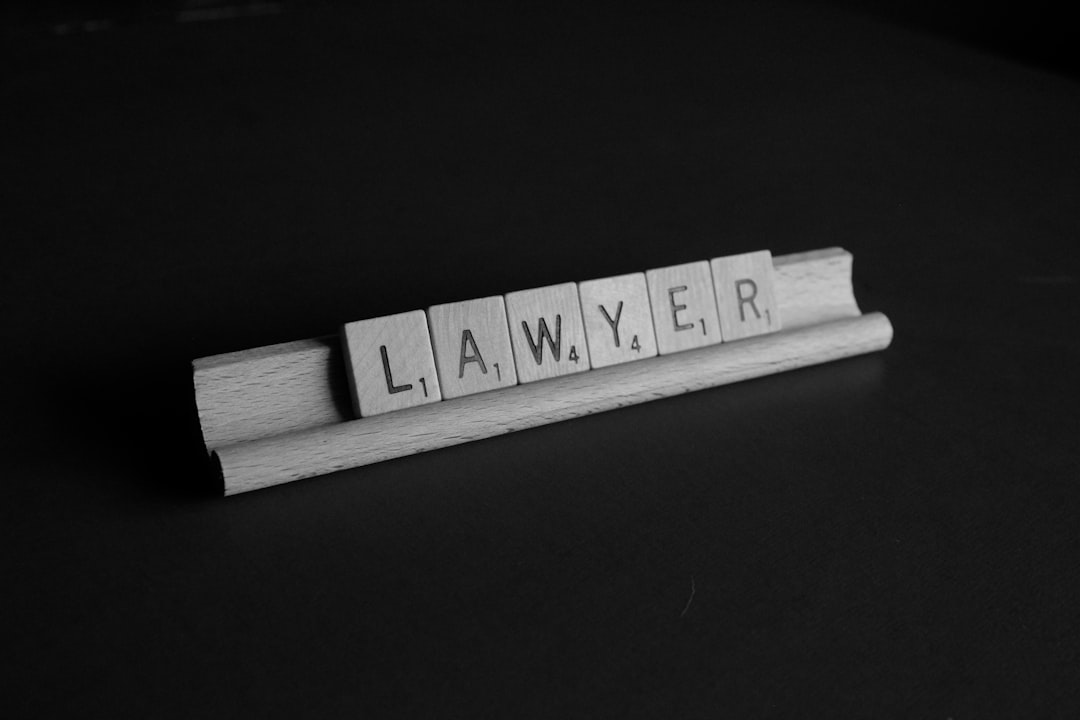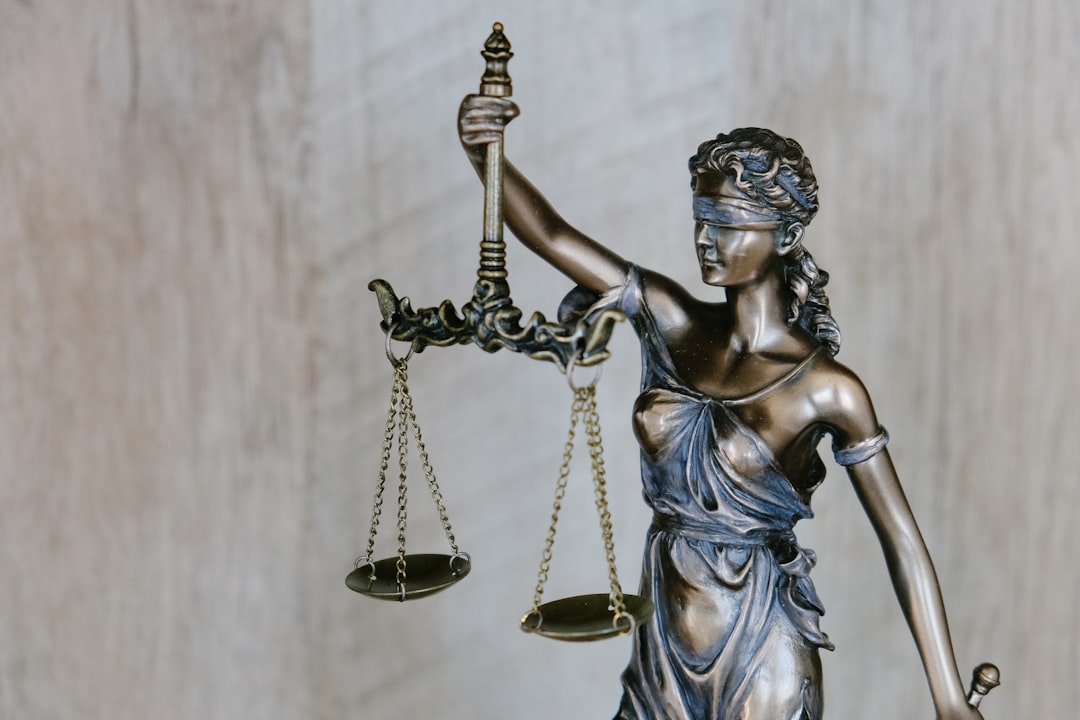In St. Louis, Missouri, alcohol and consent are key factors in rape cases. Rape lawyers St. Louis MO meticulously analyze evidence, including toxicology reports, to challenge or support claims of consensual sex under the influence. Strict evidentiary rules govern alcohol evidence, with lawyers ensuring fair presentation and protecting rights. Defense strategies focus on disputing victim credibility and consent, utilizing expert witnesses and behavioral insights. Survivors receive support from hotlines, housing, counseling, legal aid, and advocacy groups, fostering understanding and preventing future incidents.
In St. Louis, MO, the handling of alcohol and consent in rape cases is a complex issue that significantly impacts prosecution strategies. This article delves into the perspectives of local courts on alcohol’s role in sexual assault trials, exploring how it influences consent definitions and evidence rules. We examine defense strategies for accused individuals in Missouri and highlight support resources available for survivors in St. Louis. Understanding these dynamics is crucial for both legal professionals and community members seeking justice and healing in rape cases.
Key SEO keywords: rape lawyers St. Louis MO
St. Louis MO Courts: Alcohol's Role in Rape Cases
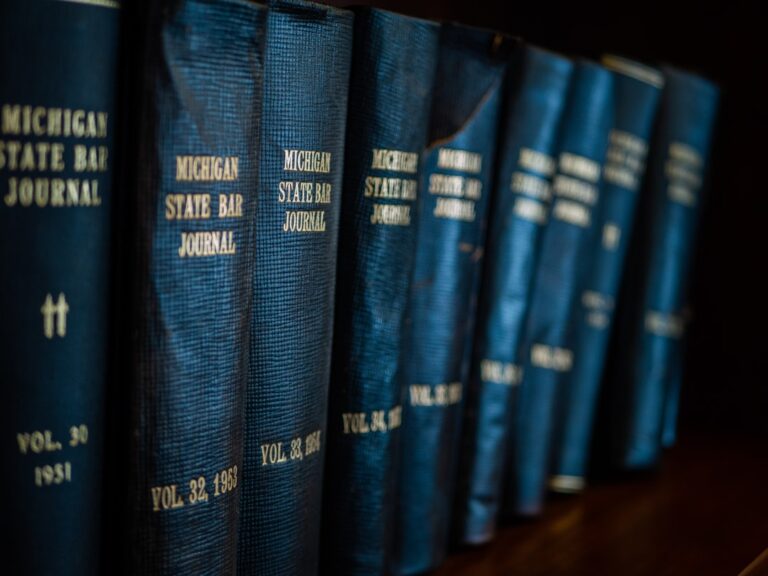
In St. Louis, MO courts, alcohol plays a significant role in many rape cases. When a defendant claims consent was given under the influence of alcohol, it becomes a critical aspect of the prosecution’s case. The burden of proof falls on the state to demonstrate that any consent was voluntary and not influenced by intoxication. This is where experienced rape lawyers in St. Louis MO step in, meticulously examining witness testimonies, medical evidence, and toxicology reports to build a robust defense or secure justice for their clients.
Courts here recognize that alcohol can impair judgment and memory, potentially altering the dynamics of interactions, including sexual encounters. As such, they carefully scrutinize the circumstances leading up to and during the alleged incident to determine if any potential consent was truly voluntary. This approach ensures fairness, protecting both the rights of victims and accused individuals alike in St. Louis MO rape trials.
Consent Definition and Its Impact on Prosecutions
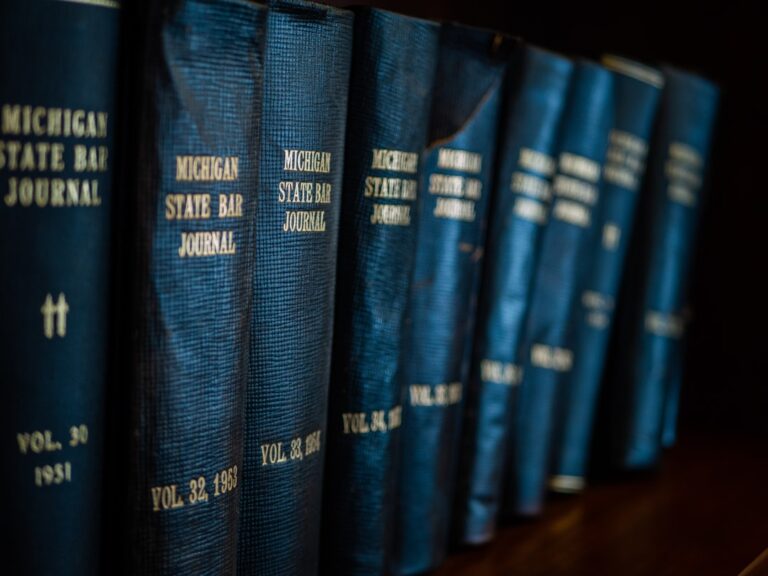
In St. Louis, MO, defining consent and its role in rape cases is paramount for prosecutors and judges alike. Consent, as understood legally, refers to an individual’s voluntary agreement to engage in sexual activity. It’s crucial in determining whether a criminal charge of rape can be proven beyond a reasonable doubt. The absence or withdrawal of consent is a key element that differentiates consensual from non-consensual sexual encounters, significantly influencing the outcome of legal proceedings for victims and those accused of rape.
Understanding consent becomes even more critical when considering its impact on prosecutions. Misinterpretation or lack of clarity around consent can lead to cases being dismissed or result in reduced charges. Rape lawyers in St. Louis MO play a vital role in navigating these complexities, ensuring that the definition of consent is accurately applied and that justice is served based on the specific circumstances of each case.
Evidence Rules for Alcohol and Sexual Assault

In St. Louis, Missouri, the handling of alcohol evidence in sexual assault cases is governed by strict evidentiary rules designed to protect both defendants and victims. These rules ensure that any use of alcohol as a factor in rape trials is accurate and fair. For instance, the prosecution must present clear and convincing evidence showing that the victim’s consent was impaired due to intoxication, rather than relying on assumptions or stereotypes. This requires thorough investigation and analysis of the victim’s blood alcohol level at the time of the incident by qualified experts, often accessible through reputable rape lawyers in St. Louis, MO.
The court strictly enforces these rules to prevent any potential bias or misunderstanding. Rape lawyers in St. Louis, MO play a crucial role here by ensuring that their clients’ rights are protected and that all evidence is presented fairly. They assist victims in navigating the legal process while challenging any inappropriate use of alcohol-related evidence, ultimately aiming for just outcomes in these sensitive cases.
Defense Strategies for Accused in Missouri

In St. Louis, MO, defense strategies for accused individuals in rape cases can vary greatly depending on the specifics of each case. One common approach is to challenge the credibility of the victim’s testimony, often using character evidence or questioning their motive for pressing charges. The defense may also attempt to cast doubt on the consent aspect of the case, arguing that there was no clear agreement or understanding between the parties involved.
Rape lawyers in St. Louis MO play a crucial role in developing these strategies, ensuring that the legal rights of the accused are protected. They may employ expert witnesses to provide insights into behavioral dynamics and potential misperceptions, as well as challenge the admissibility of certain evidence used to prosecute their clients. These tactics aim to present a compelling defense while navigating the complex legal landscape surrounding sexual assault cases in Missouri.
Support Resources for Survivors in St. Louis
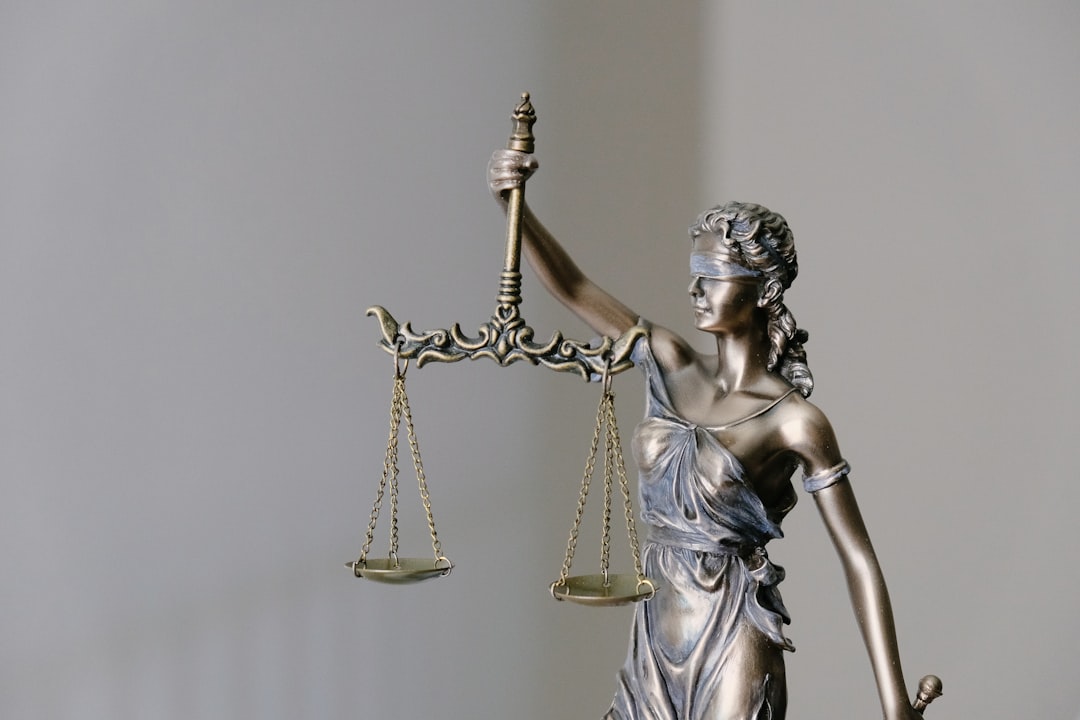
In the aftermath of a traumatic event like rape, survivors in St. Louis, MO, are not alone. Numerous support resources are readily available to help them navigate their journey toward healing. Local organizations and services dedicated to assisting victims include crisis hotlines, safe housing, counseling centers, and legal aid for those who may need representation from rape lawyers in St. Louis, MO. These initiatives ensure that survivors receive the comprehensive care they deserve.
One notable aspect of the support system is the presence of advocacy groups that fight for survivor rights and raise awareness about consent and alcohol-related assaults. They play a crucial role in empowering individuals to speak up and seek justice. Additionally, educational programs target both survivors and communities to foster understanding and prevent future incidents.

